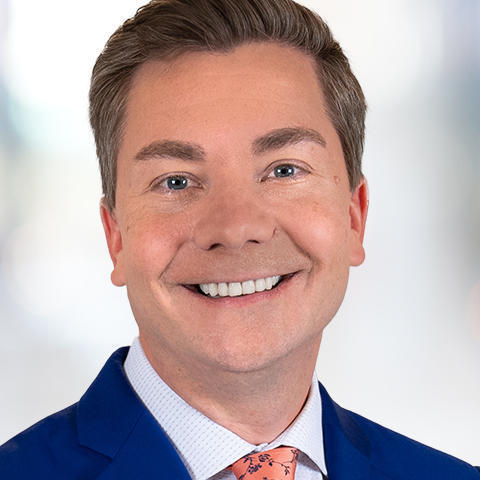Minnesota's suicide rates remain unchanged, health department says
The Minnesota Department of Health says the state's suicide rate remained unchanged last year compared to the year before.
The state's suicide rate last year in rural counties was twice that of the Twin Cities metro counties. Those rural counties make up about 1.6% of the Minnesota population -- but 2.8% of all suicide deaths.
A promising solution is hoping to prevent firearm-related suicides. Protect Minnesota, a statewide gun violence prevention organization, has partnered with the University of Minnesota, Minnesota Medical Association and Health Partners Institute to launch .
"This is not a question of taking your guns or of you being forced to give your guns up," said Maggiy Emery, executive director of Protect Minnesota. "Folks can seek it out and choose to use it for themselves or they can be referred into it by their health care professional."
Firearm injuries made up 51% of 2024 suicide deaths in Minnesota. That percentage is higher than in recent years. Of those, White men and rural areas were disproportionately impacted, according to Protect Minnesota.
"It's really important that we partner with folks who are already established in the communities who have relationships, who are trusted," said Emery.
That includes law enforcement agencies and firearm stores and ranges. Family members, doctors, nurses, or faith leaders may refer someone in crisis to the map.
To date, the program has focused on pilot regions to identify and map participating storage locations with a goal to expand to every county in Minnesota.
The early feedback has been positive.
"Physicians and patients really like this as a tool. They feel that it's non-judgmental. They feel like they aren't forced to do anything, and they feel like this comes from someone who cares about them and wants them to be healthy," said Emery.
If you or someone you know is in emotional distress, get help from the by calling or texting 988. Trained crisis counselors are available 24 hours a day to talk about anything.
In addition, help is available from the , or NAMI. Call the NAMI Helpline at 800-950-6264 or text "HelpLine" to 62640. There are more than 600 local NAMI organizations and affiliates across the country, many of which offer free support and education programs.




